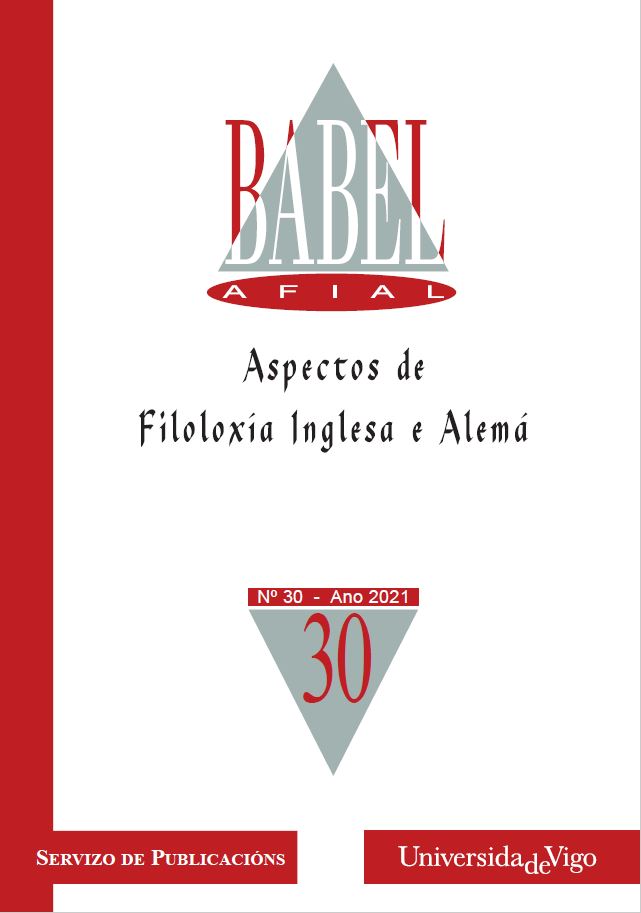Travelling Wives and Unprotected Women: Representing the Female Traveller in Tom Taylor’s mid-Victorian Comedies (1860)
DOI:
https://doi.org/10.35869/afial.v0i30.3704Palabras clave:
teatro victoriano, mujer, Tom Taylor, representación femenina, viajeResumen
Durante la segunda mitad del siglo XIX, Inglaterra alardeaba de una prosperidad económica y social, reflejada en la promoción de los medios de
transporte y del turismo. Sin embargo, movimientos sociales como la Woman Question o los altercados en las colonias hacían cuestionar la estabilidad del Imperio. En Londres, numerosas representaciones teatrales y otras formas de entretenimiento visual reproducían unas colonias en las que la mujer, a menudo, se veía restringida a ciertos estereotipos de viajera. De esta manera, existe una categorización clara de la mujer viajera: por una parte, la esposa que acompaña a su marido y, por otra, la no domesticada o salvaje (Ferrús 19). En este artículo abordamos la situación y representación de la mujer Victoriana viajera en el teatro Londinense y analizamos dos comedias escritas por el dramaturgo inglés Tom Taylor (1817-1880): The Overland Route (Haymarket 23 Febrero 1860) y Up at the Hills (St. James’s Theatre 22 Octubre 1860). Estas obras, ambientadas en la India colonial, nos permiten ahondar
en cuestiones de género y su relación con el viaje durante la época victoriana.



